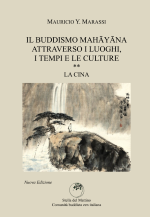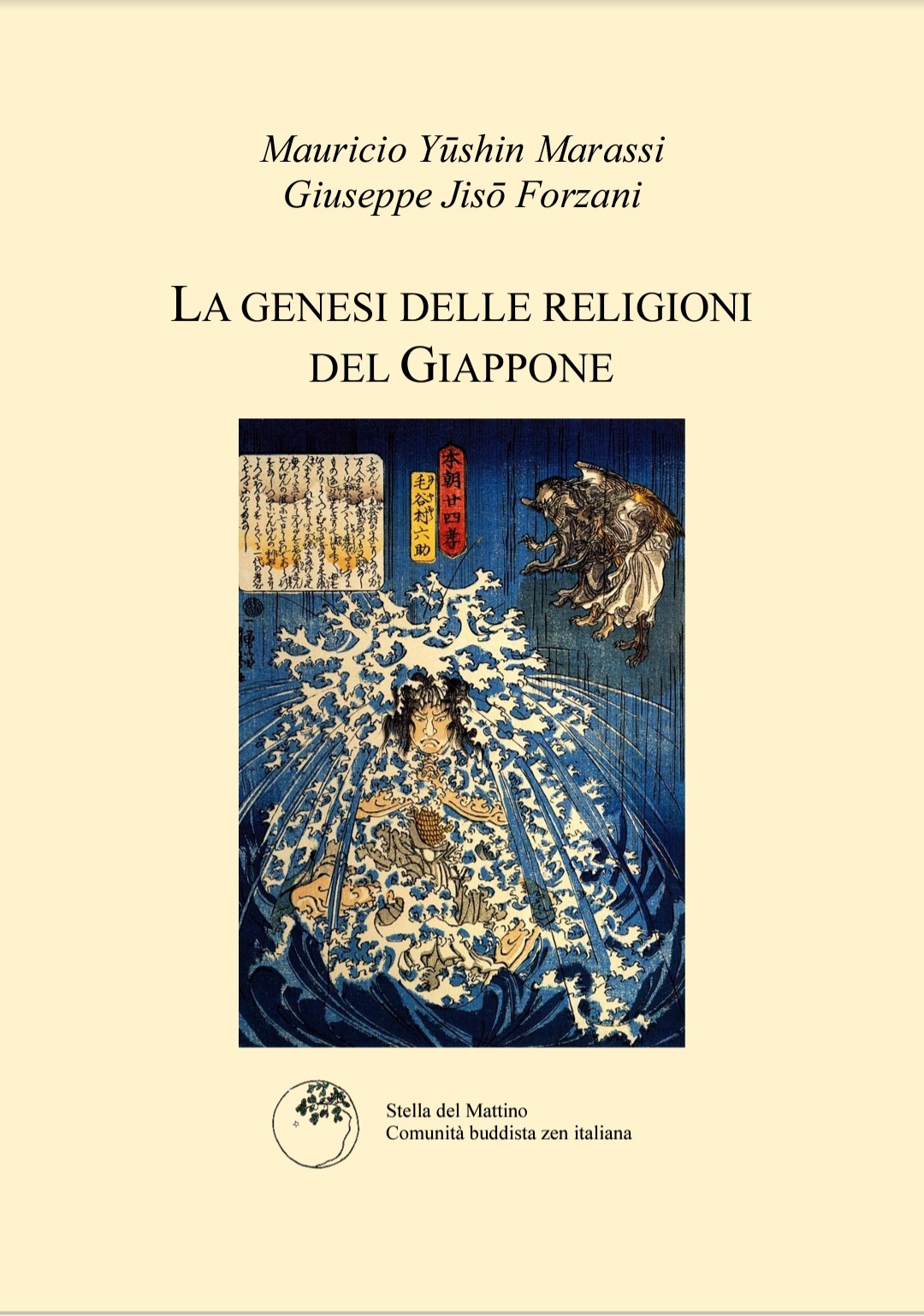By Dario Rivarossa.

PANNONTHEISM
Baruch Spinoza’s philosophy is often referred to as a kind of Pantheism. But, it would probably be more exact to call it a pattern of Pan-Non-Theism.
He says in fact that God’s “attributes” and the deriving “modalities”, that is the limited expressions of God’s eternal substance, are infinite. The res extensa, or matter, is just one among these infinite modalities, of which we know but few. And matter itself, as far as it is concerned, is infinte, so we can grasp just some parts of it.
Moreover, God is the only truly existing susbstance, and we could neither exist nor think without God, but at the same time God is beyond any feature of a limited thing we can imagine. So it is not only childish but wrong to say, for instance, that “He” has an intellect or a will like our own. (Unless, by saying God’s “intellect” or “will” we mean something completely different from man’s; but, in this case, why using words which describe nothing?)
According to Spinoza, our intellect can however work out a fitting idea of God: fitting i.e. without any kind of theism. And, to love such a non-theist God is to be saved.
From this standpoint, what does “loving God” actually consist of? Doing the right thing because we undestand it is right, not because we try to avoid any punishment. Nor acting in order to get any benefit. Never choosing the lesser good when a more widespread one can be achieved. Wishing that as many people as possible can feel the same inner joy we do in being free.
A non-theist God allows people living in an in-comprehensible world to follow an un-selfish behaviour.
Sweet as a fairy tale? Not at all. This was also Jesus’ way. And, it was just because his illness killed Spinoza before, that he did not incur the same end.
Se volete, lasciate un commento.
You must be logged in to post a comment.







